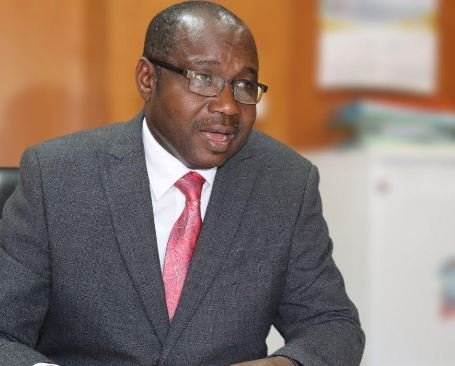DisCos lack capacity to meet electricity demands, says TCN

Mohammed, who spoke with The Nation in Lagos on Monday, said the privatisation process produced weak Discos.
“Some mistakes were made in the privatisation of the power sector and the mistakes led to very weak companies that succeeded in taking over the DisCos. The law was adjusted to allow bidding companies use technical partners and the partners were not to produce the Managing Directors. This made it easy for companies without capacity to buy the DiScos. The weakness must be corrected by recapitalising the DisCos because when we did the privatisation, we didn’t have the investments commensurate with the distribution network,” he said.
The TCN boss, however, cautioned against re-purchase of the privatised companies by the government because it would send a wrong signal to foreign investors. Instead, he said, the DisCos must be recapitalised to enhance their capacity. Mohammed expressed regret that the Federal Government has spent N1.5 trillion on the DisCos with little or nothing to show for it.
The TCN has estimated a DisCo capital requirement of $4.3billion to address capacity shortfalls and enable load growth to keep pace with capacity growth, he explained.
Mohammed listed other conditions for the DisCos to be able to live up to their responsibilities to include the commencement of bilateral trade, competitive procurement as required by National Electricity Regulatory Commission (NERC) Investment Regulation 2015, competitive procurement of generation companies, resetting the books of the Discos, proportionate representation on Board of DisCos by the Ministry of Finance and sustenance of Transmission Rehabilitation and Expansion Programme (TREP).
Mohammed added that the crisis of the Nigeria electricity market was traceable to poor liquidity, lack of sustainable investment, weak national grid with system instability, emergency solution and poor planning. He also faulted the use of single buyer model, explaining that it had never worked anywhere it was adopted.
He said his administration had recovered 795 of 810 containers containing TCN apparatuses abandoned by contractors at the port. Some, he said, were abandoned for over 15 years.
Mohammed said with countries like Benin Republic, Chad, Niger, Cameroon, which get their source of power from Nigeria, with uninterrupted supply, the country has no excuse.
Mohammed said when President Muhammadu Buhari administration came into power, the value chains in the power sector had problems ranging from generation to transmission and distribution.
“The generation was around 3,500 megawatts just as distribution and transmission capacity was not more than 5,000 megawatts. But, as of December 2018, transmission capacity reached around 8,100 megawatts, which means that there is a significant improvement.
“Now, the generation capacity is about 7,500 megawatts, which also means significant improvement. So, if you had three things that were not working and you have fixed two, a significant improvement has taken place.
“With the government’s N72 billion distribution programme being implemented by the Ministry of Power and other interventions, I believe the government is willing to resolve the last line and soon, we will see better results,” Mohammed said. (The Nation)

